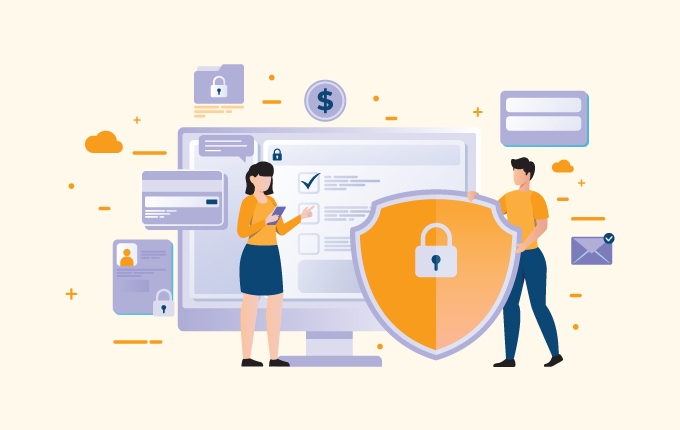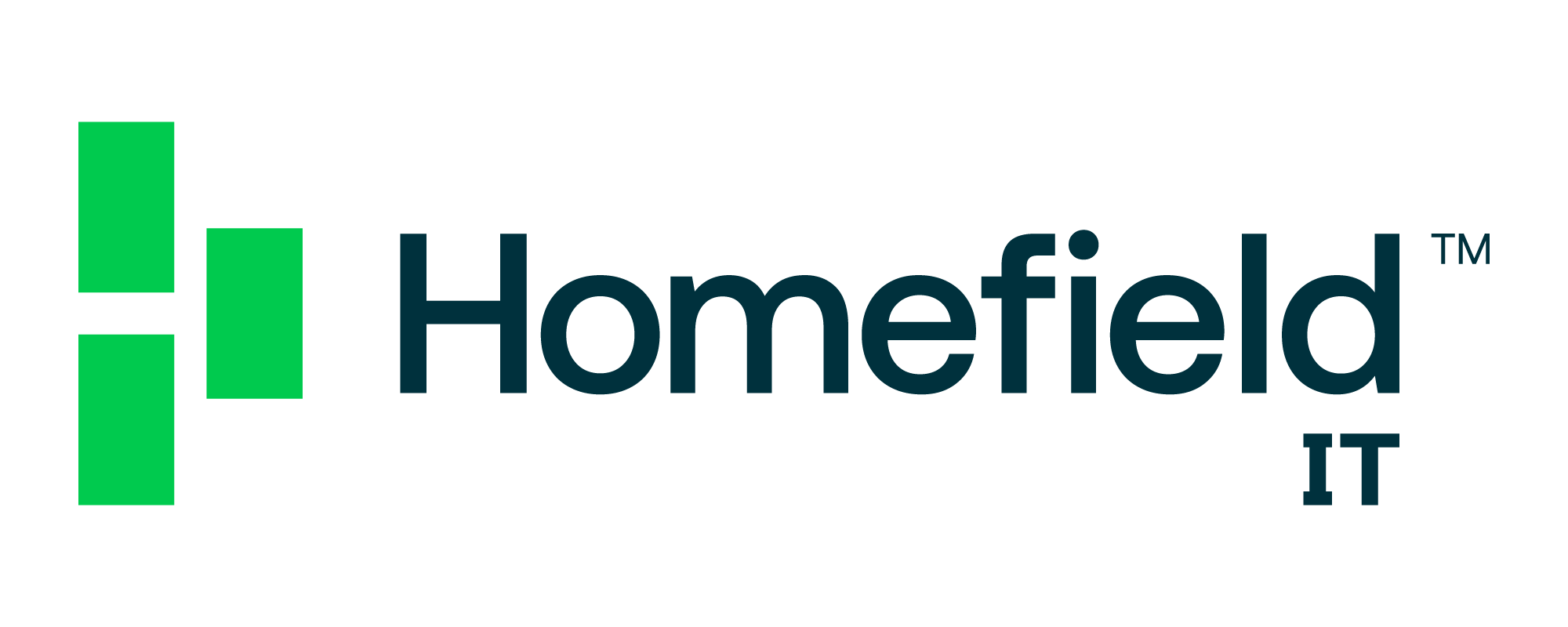Tech Support & Managed IT ServicesCloud ServicesIT Consulting & StrategyConstructionEducationFinanceHealthcareLegalReal Estate
It’s no secret that Meraki systems offer incredible benefits — in fact, at the end of 2016, Meraki had an installed base of 160,000 customers. However, with its cloud-based solutions comes the demand for technical expertise. It’s always best to leave your IT needs to Meraki specialists, but if you’re in need of Meraki support, it’s important to have a basic understanding of the systems your businesses use. Here’s a quick FAQ about Meraki access points to help you get started.
What is a Meraki access point?
Simply put, a Meraki access point is a device that has the ability to give deep-seated information regarding networks and make for more efficient network management. There are many benefits of Meraki access points, including the ability to support multiple cloud-based features such as firewall support and management, Location Analytics, and more. Meraki.com explains, “All Meraki MR access points support certain cloud-based features, like stateful firewalling, Layer 3 and Layer 7 application traffic shaping, wireless intrusion detection and prevention, Location Analytics, support for up to 15 unique SSIDs, and automatic RF channel optimization. Depending on supported hardware, a Meraki AP may also support additional features like Bluetooth beaconing and scanning, MU-MIMO, self-healing mesh, and multigigabit.”
What is the range of coverage for a Meraki access point?
There are a number of factors to be considered when determining the specific range of a Meraki access point. Radio frequency interference, antenna specifications, and even the weather can contribute to range and coverage differences. However, access points that are equipped with omnidirectional antennas normally have a maximum range of approximately 100 meters.
When I purchase Meraki access points, what does the license cover?
Getting your business set up with Meraki access points is easier than ever. Upon the purchase of access points, you’ll have to purchase a cloud management license to go with them. A cloud management license includes a number of benefits, such as technical support coverage, new feature and firmware updates, and access to other cloud-related wireless features that are supported by the access points. In most cases, you’re only paying for the essentials your business truly needs.
Ultimately, it’s always best to reach out to firewall specialists and other professionals regarding your business’ IT needs, but understanding the technicalities of access points can help your business utilize them as efficiently as possible. For more information about firewall specialists, contact Manhattan Tech Support.
 October 4, 2017
October 4, 2017 Manhattan Tech Support
Manhattan Tech Support




